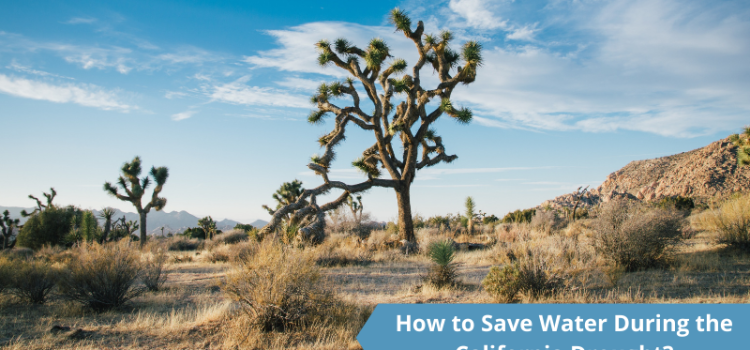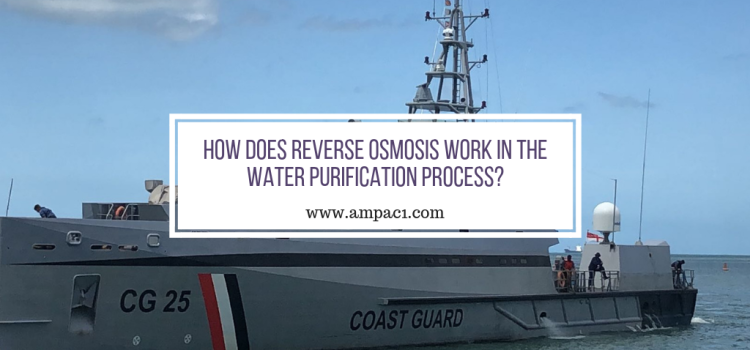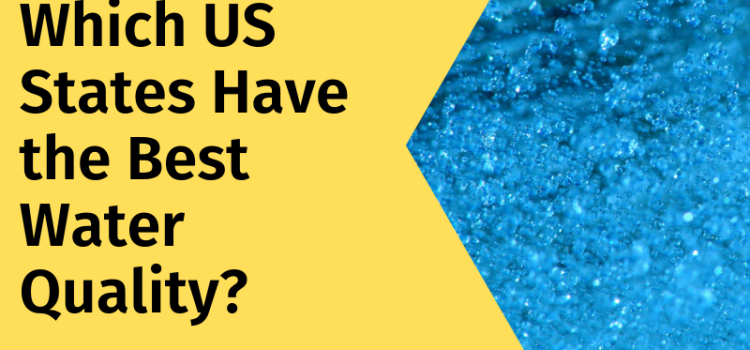Last updated on March 31st, 2025 at 12:24 pm
Author Full Names: Gibson, Jacqueline MacDonald; Pieper, Kelsey J.
Source: ENVIRONMENTAL HEALTH PERSPECTIVES, 125 (7):10.1289/EHP890JUL 2017
Language:English
Abstract: BACKGROUND: Evidence suggests that the 44.5 million U.S. residents drawing their drinking water from private wells face higher risks of waterborne contaminant exposure than those served by regulated community water supplies. Among U.S. states, North Carolina (N.C.) has the second-largest population relying on private wells, making it a useful microcosm to study challenges to maintaining private-well water quality.
OBJECTIVES: This paper summarizes recommendations from a two-day summit to identify options to improve drinking-water quality for N.C. residents served by private wells. METHODS: The Research Triangle Environmental Health Collaborative invited 111 participants with knowledge of private-well water challenges to attend the Summit. Participants worked in small groups that focused on specific aspects and reconvened in plenary sessions to formulate consensus recommendations.
DISCUSSION: Summit participants highlighted four main barriers to ensuring safe water for residents currently relying on private wells: (1) a database of private well locations is unavailable; (2) racial disparities have perpetuated reliance on private wells in some urbanized areas; (3) many private well users lack information or resources to monitor and maintain their wells; and (4) private-well support programs are fragmented and lack sufficient resources. The Summit produced 10 consensus recommendations for ways to overcome these barriers.
CONCLUSIONS: The Summit recommendations, if undertaken, could improve the health of North Carolinians facing elevated risks of exposure to waterborne contaminants because of their reliance on inadequately monitored and maintained private wells. Because many of the challenges in N.C. are common nationwide, these recommendations could serve as models for other states.
The post Strategies to Improve Private-Well Water Quality: A North Carolina Perspective appeared first on Facts About Water.
Source: Water Feed










I don’t think the title of your article matches the content lol. Just kidding, mainly because I had some doubts after reading the article.
Thanks for sharing. I read many of your blog posts, cool, your blog is very good.
Your article helped me a lot, is there any more related content? Thanks!
Thank you for your sharing. I am worried that I lack creative ideas. It is your article that makes me full of hope. Thank you. But, I have a question, can you help me? https://www.binance.com/register?ref=IXBIAFVY